
Vulvar Cancer Treatment in the UK: Expert Care for Patients from Russia
01 Aug, 2024
 Healthtrip Team
Healthtrip TeamVulvar cancer, though rare, is a serious condition that requires specialized treatment and care. For Russian patients seeking world-class treatment, the United Kingdom offers some of the best medical facilities and expertise in oncology. This blog aims to provide an in-depth look at the treatment options available in the UK, highlighting the exceptional care provided to international patients, particularly those from Russia.
Most popular procedures in India
Vulvar Cancer
Vulvar cancer originates in the vulva, the external part of the female genitalia. It often manifests as a lump or sore on the vulva, causing itching, pain, or bleeding. Early detection is crucial for successful treatment, making regular gynaecological check-ups essential.
Wellness Treatments
Give yourself the time to relax
Lowest Prices Guaranteed!

Lowest Prices Guaranteed!
Why Choose the UK for Vulvar Cancer Treatment?
1. Advanced Medical Technology
The UK boasts state-of-the-art medical technology, ensuring precise diagnosis and effective treatment plans. Hospitals are equipped with cutting-edge imaging and surgical tools, which are critical in the treatment of vulvar cancer.
2. Expert Oncologists
British oncologists are globally recognized for their expertise in treating gynecologic cancers. They employ the latest research and treatment protocols, ensuring the highest standards of care. Patients benefit from the knowledge and experience of specialists who are at the forefront of cancer treatment.
3. Comprehensive Care
The UK's healthcare system provides holistic care, addressing not only the physical aspects of cancer but also the emotional and psychological needs of patients. Multidisciplinary teams, including oncologists, nurses, psychologists, and social workers, work together to support patients throughout their treatment journey.
Treatment Options for Vulvar Cancer
1. Surgery
Surgery is often the primary treatment for vulvar cancer. Depending on the stage and spread of the cancer, options may include:
A. Wide Local Excision
This procedure involves the removal of the cancerous tissue along with some surrounding healthy tissue. The goal is to ensure that all the cancerous cells are removed while preserving as much of the healthy tissue as possible. This type of surgery is typically used for early-stage vulvar cancer where the tumor is small and localized.
B. Vulvectomy
Vulvectomy involves the partial or complete removal of the vulva, depending on the extent of the cancer. There are different types of vulvectomy procedures:
- Partial Vulvectomy: Only part of the vulva is removed.
- Radical Vulvectomy: The entire vulva, including the clitoris, labia majora, and labia minora, is removed. This procedure is used for more advanced cancer cases.
C. Lymph Node Removal
If cancer has spread to the lymph nodes, they may also need to be removed. This procedure is called a lymphadenectomy. It involves the removal of lymph nodes in the groin area to prevent the spread of cancer. The number of lymph nodes removed depends on the extent of the cancer spread.
Process:
- Pre-Surgery Preparation: Includes medical evaluation, imaging tests, and discussions with the surgical team about the procedure and expected outcomes.
- Surgery: Performed under general anesthesia. The duration and complexity of the surgery depend on the type and extent of the procedure.
- Post-Surgery Care: Includes pain management, wound care, and monitoring for any complications. Recovery time varies based on the type of surgery and the patient's overall health.
Side Effects:
- Pain and discomfort in the surgical area
- Swelling and bruising
- Changes in the appearance and function of the vulva
- Possible impact on sexual function and urinary habits
- Risk of infection and complications from anesthesia
Surgical treatment is tailored to each patient's specific condition and needs, aiming to remove the cancer effectively while preserving as much normal function and appearance as possible. The surgical team works closely with the patient to provide comprehensive care and support throughout the treatment process.
2. Radiation Therapy
A. External Beam Radiation Therapy (EBRT)
Radiation therapy uses high-energy rays to target and destroy cancer cells. It is often used in combination with surgery to eliminate any remaining cancer cells and reduce the risk of recurrence. External Beam Radiation Therapy (EBRT) is the most common type, where a machine outside the body directs radiation at the cancerous area. This type of therapy can be used before surgery (neoadjuvant therapy) to shrink tumors, making them easier to remove, or after surgery (adjuvant therapy) to eliminate any residual cancer cells.
B. Brachytherapy
Brachytherapy involves placing a radioactive source directly inside or next to the tumor. It allows for a higher dose of radiation to be delivered to the tumor while minimizing exposure to surrounding healthy tissue. Brachytherapy can also be used for palliative care to relieve symptoms in advanced cases. The process includes simulation for precise mapping, treatment planning, and daily treatment sessions over several weeks. Common side effects of radiation therapy include skin irritation, fatigue, changes in the appearance and texture of the vulvar skin, and possible effects on nearby organs such as the bladder or rectum.
3. Chemotherapy
A. Neoadjuvant Chemotherapy
Chemotherapy involves the use of drugs to kill cancer cells. These drugs can be administered orally or intravenously, allowing them to travel through the bloodstream to reach cancer cells throughout the body. Neoadjuvant chemotherapy is given before surgery to shrink tumors, making them easier to remove. Common drugs used for vulvar cancer include Cisplatin, 5-Fluorouracil (5-FU), and Paclitaxel.
B. Adjuvant Chemotherapy
Adjuvant chemotherapy is administered after surgery to target any residual cancer cells and reduce the risk of recurrence. It is also used to control the growth and spread of cancer in advanced cases where surgery is not an option. Chemotherapy is administered in cycles, with treatment periods followed by rest periods to allow the body to recover. Side effects include nausea and vomiting, hair loss, fatigue, increased risk of infection, anemia, low platelet counts, and mouth sores.
4. Targeted Therapy
Targeted therapy uses drugs designed to specifically identify and attack cancer cells without harming normal cells. This approach can be effective for certain types of vulvar cancer that have specific genetic markers or mutations. The drugs work by interfering with cancer cell signalling pathways or by binding to specific targets on cancer cells. Examples include Bevacizumab (Avastin), which inhibits the growth of blood vessels that supply tumors, and Pembrolizumab (Keytruda), which enhances the body's immune response against cancer cells.
Targeted therapy can be administered intravenously or orally and requires regular monitoring through blood tests and imaging to assess effectiveness and adjust treatment as needed. Side effects can include diarrhea, liver problems, skin rashes, high blood pressure, fatigue, and an increased risk of infection due to effects on the immune system.
Support for Russian Patients
1. Language Services
Hospitals in the UK provide comprehensive language support services, including Russian-speaking medical interpreters. This ensures clear communication between patients and their healthcare providers, making the treatment process smoother and more comfortable.
2. Cultural Sensitivity
UK healthcare providers are trained to be culturally sensitive, understanding and respecting the unique needs and preferences of Russian patients. This cultural competence helps in building trust and rapport, essential for effective treatment.
3. Travel and Accommodation Assistance
Many hospitals offer assistance with travel and accommodation arrangements, ensuring a stress-free experience for international patients. They provide information on local accommodations, transportation, and other logistics.
Choosing the UK for vulvar cancer treatment means accessing world-class medical care, advanced technology, and compassionate support. For Russian patients, the UK's healthcare system offers an excellent option for expert oncology care, ensuring a holistic and patient-centred approach. By opting for treatment in the UK, patients can feel confident in receiving the best possible care for their condition, supported every step of the way.
For more information or to schedule a consultation, please contact our international patient services department. Your journey to recovery starts here, with expert care tailored to your needs.
Related Blogs

Unparalleled Medical Expertise at Cleveland Clinic London
Get access to world-class medical expertise at Cleveland Clinic London
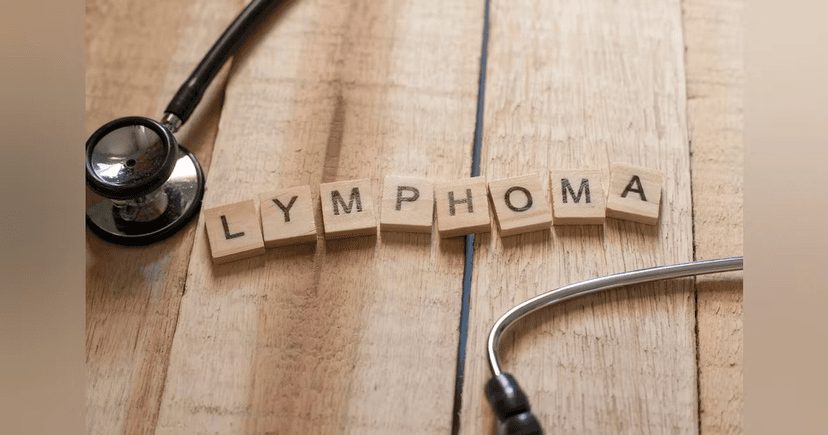
Lymphoma Treatment in the UK: Advanced Care for Patients from Russia
The United Kingdom is renowned for its cutting-edge medical treatments,
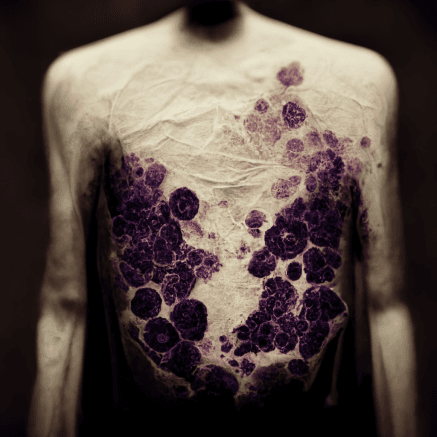
Hodgkin's Lymphoma Treatment in the UK: Advanced Options for Patients from Russia
Hodgkin's Lymphoma (HL) is a serious condition that affects the
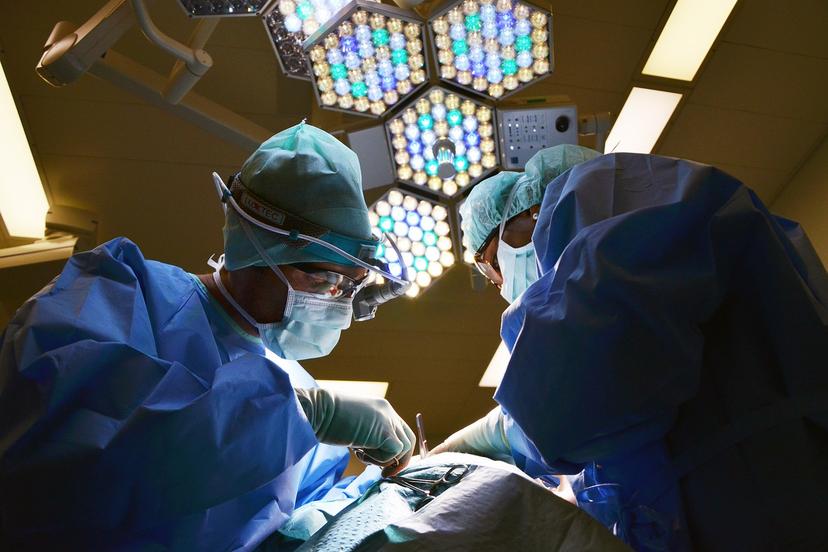
Exploring Medical Tourism in the UK for Russian Patients
Medical tourism is a growing trend among Russian patients seeking
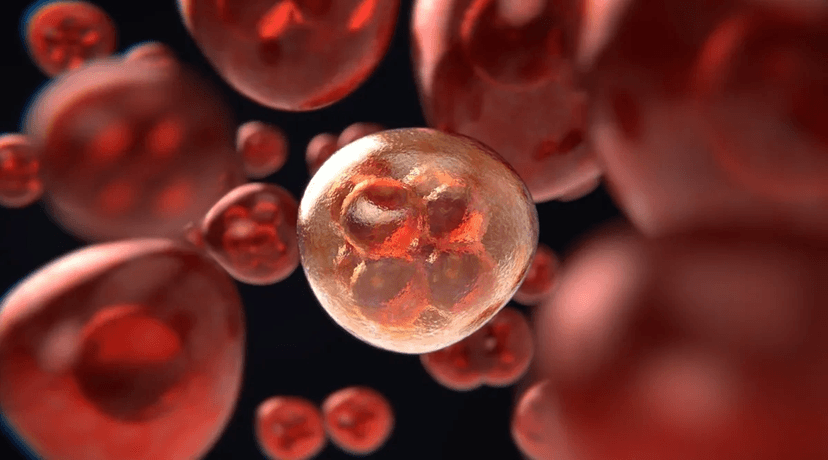
Advances in Lymphoma Treatment in the UK
Navigating lymphoma treatment options can be overwhelming, especially for patients
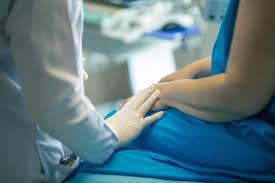
Advanced Gastrointestinal Treatments in the UK
In recent years, the UK has emerged as a prominent










